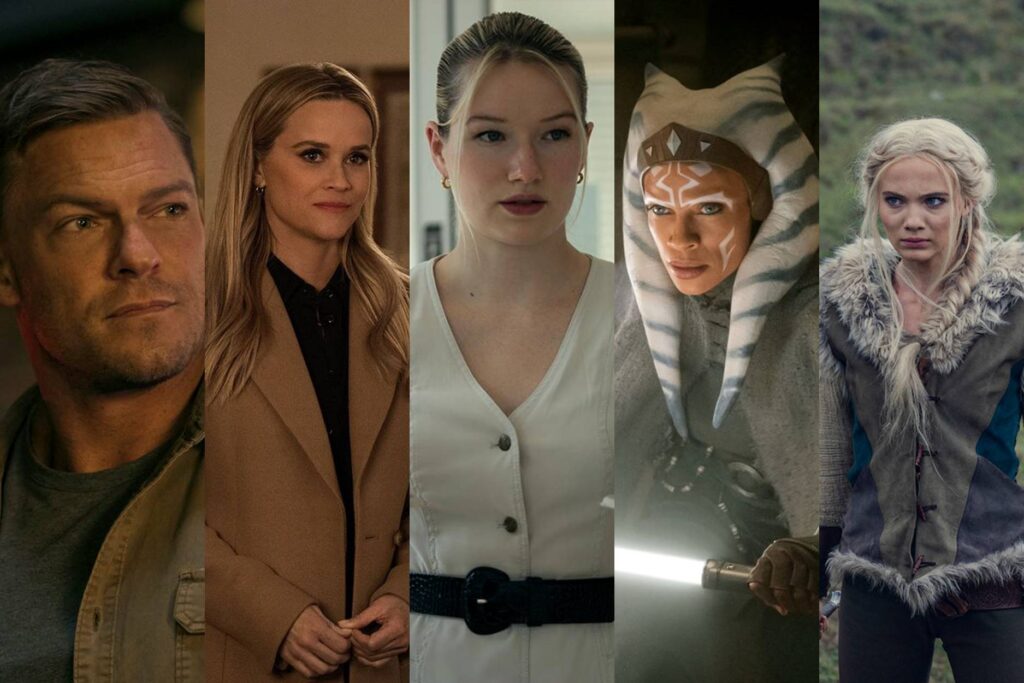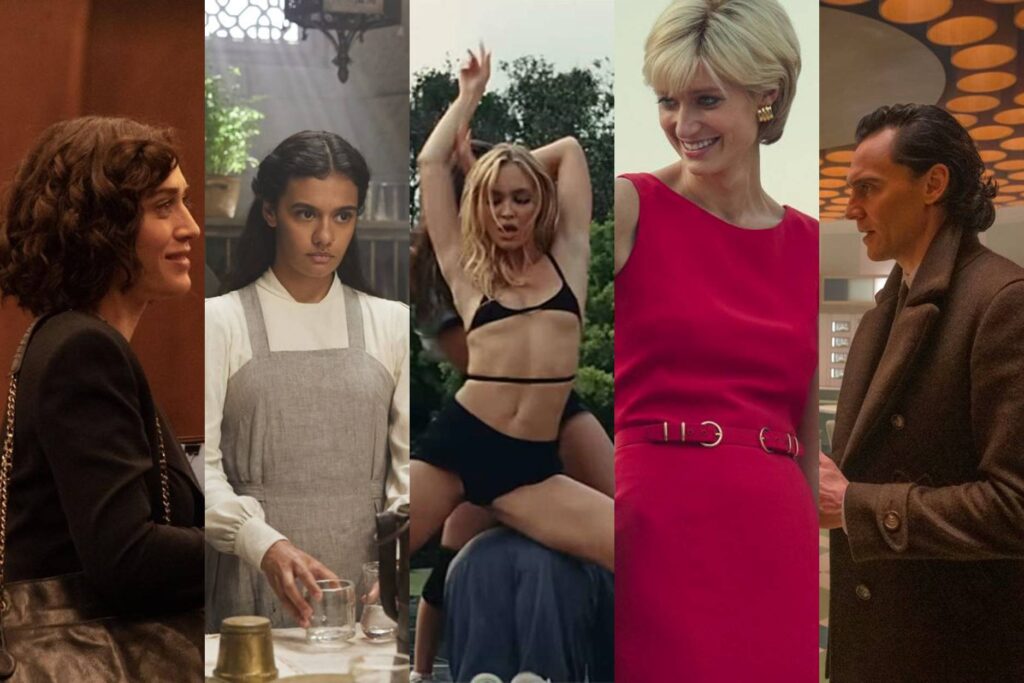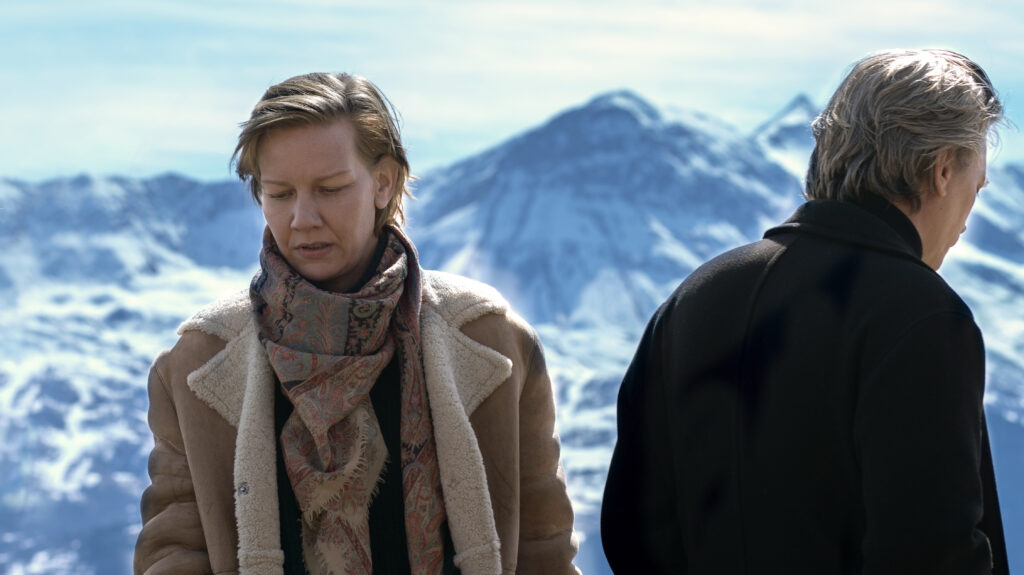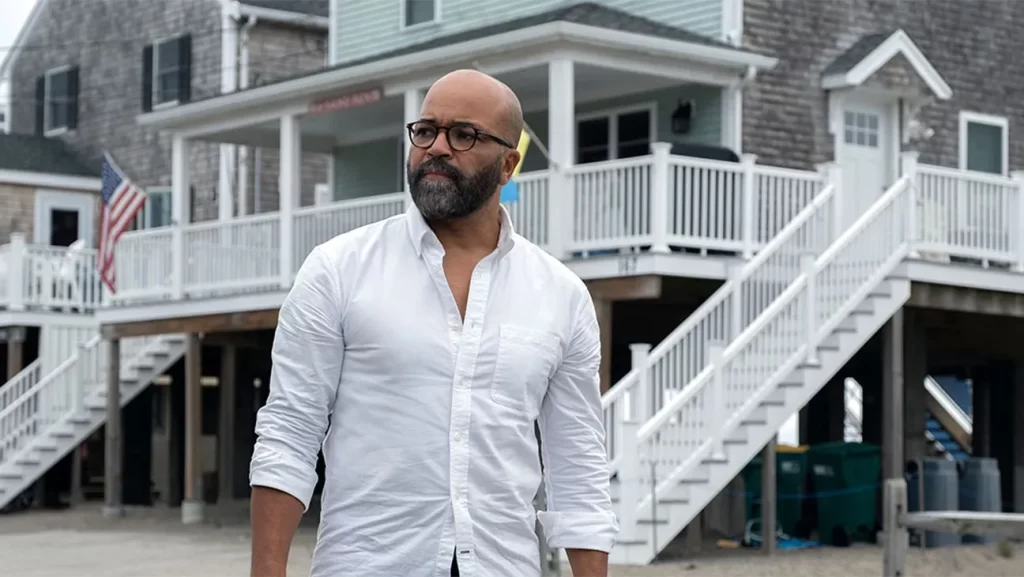Ranking Every TV Show of 2023: #s 80-66

We’re ranking every TV show that we watched in 2023. If you missed Part I, you can find it here.
80. The Continental (Peacock, Season 1). I get the idea. The John Wick universe is appealing in part for its intricate mythology, so it’s theoretically possible to derive further entertainment from its lore, even without the grounding presence of Keanu Reeves. The problem with The Continental is that, aside from Mel Gibson’s shameless scenery-chewing, nothing about it is remotely memorable. Its cast feels second-rate, its plotting is perfunctory, and its action, while occasionally kinetic, never comes close to approaching even a third-tier set piece from the Wick flicks. Those movies are about one man’s desperate attempts to fight back against the High Table—the invisible institution that inflexibly dominates his world and restricts his autonomy. Yet The Continental feels like a servant of the Table itself: a piece of corporate property, fulfilling its duty without deviating from its superiors’ instructions. It isn’t a revolutionary, it’s a slave. Read More




